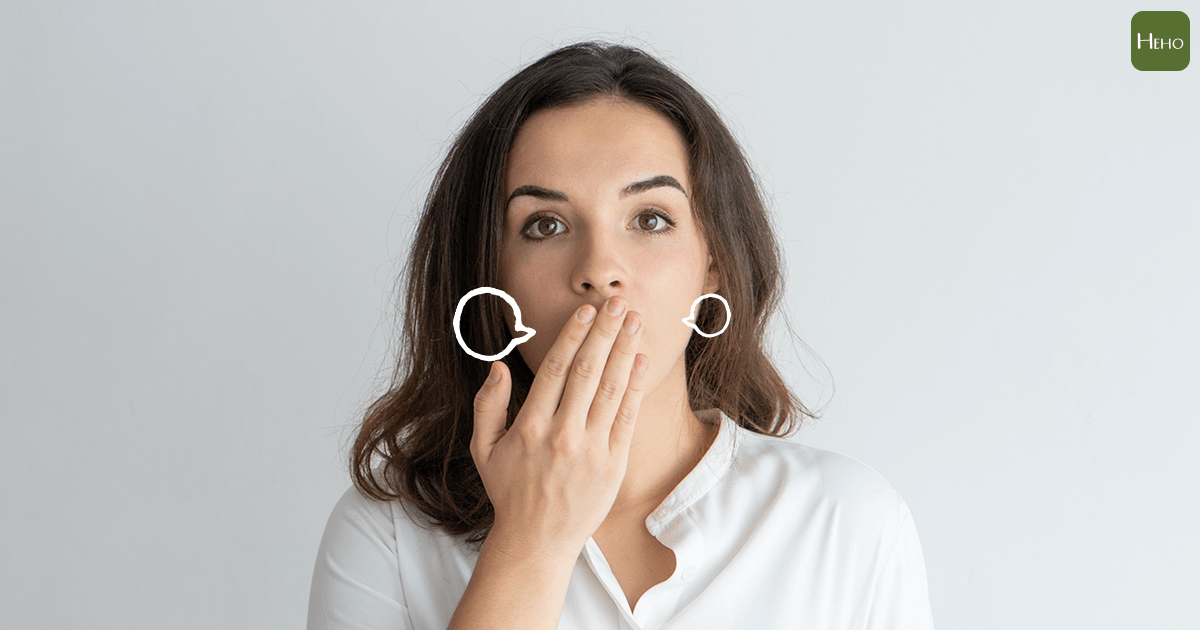Hiccups are a common discomfort that many people experience, typically lasting from a few seconds to a few minutes. However, if hiccups become persistent, they can cause embarrassment or even discomfort. Popular remedies, such as getting startled or drinking water, may not work in all cases. If hiccups last for more than 48 hours, medical attention should be considered.
Hiccups are an involuntary physiological phenomenon, mainly caused by spasmodic contractions of the diaphragm and intercostal muscles, leading to sudden inhalation followed by the closure of the glottis, producing the hiccup sound. Generally, hiccups are classified into three types: transient (≦48 hours), persistent (>48 hours to 1 month), and intractable (more than 1 month).
Doctors emphasize that hiccups lasting more than 48 hours require attention, as they can affect the quality of life, especially in the elderly, potentially leading to malnutrition and weight loss, posing a health risk. Various factors can cause hiccups, including overeating, stomach bloating from carbonated drinks, or abnormalities in the vagus or phrenic nerves. Pharmacists warn that certain medications, such as steroids and benzodiazepine sedatives (Benzodiazepines), may also trigger hiccups. If a specific medication is suspected of causing hiccups, it's advisable to consult a pharmacist for clarification and advice. Hiccups are an involuntary physiological phenomenon. (Image/Heho Health provided)
Hiccups are an involuntary physiological phenomenon. (Image/Heho Health provided)
In terms of treatment, physical therapy and medication are common approaches. Physical treatments like holding your breath aim to block nerve reflexes to alleviate hiccups. If physical methods are ineffective, medications can be considered.Chlorpromazine, for instance, is the only drug approved by the FDA in the United States for treating hiccups. However, using such medications may lead to side effects such as low blood pressure, dizziness, and drowsiness, and they are not recommended for elderly patients with dementia. Physical therapy and medication are common treatment methods. (Image/Heho Health provided)
Physical therapy and medication are common treatment methods. (Image/Heho Health provided)
Other common medications for treating hiccups include Metoclopramide, Baclofen, and Gabapentin. Generally, a treatment course lasts 7-10 days, during which symptoms should be relieved or disappear. If these treatments fail, acupuncture or surgery may need to be considered. In summary, persistent hiccups should not be ignored, and seeking medical advice promptly can help avoid potential health risks.







